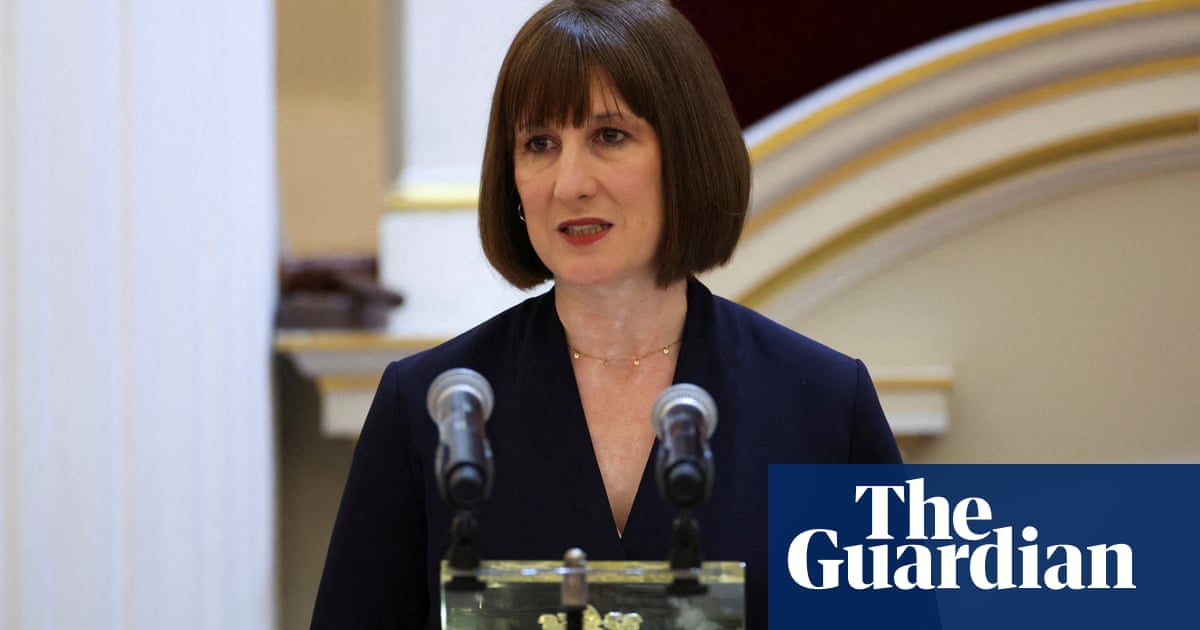Big UK businesses including Ovo, SSE and BT Openreach are urging the government to stick to current electric car targets as struggling carmakers pile pressure on ministers to relax the rules before industry talks this week.
The businesses said the zero-emissions vehicle (ZEV) mandate, which forces carmakers to sell greater numbers of electric cars each year, is an essential part of the plan to reduce the carbon and air pollution emissions caused by vehicles on Britain’s roads.
Clive Selley, chief executive of Openreach, the BT subsidiary that builds broadband infrastructure, said the government needed to “cut through the noise and listen to businesses who are already investing large sums in the switch” when considering the future of the mandate.
“Don’t waver on the ZEV mandate,” Selley said.
Carmakers, however, are increasingly vocal that the mandate needs to be watered down as their global profits come under pressure and sales of electric cars slow.
Carmakers with factories in the UK, as well as those involved in the new charging infrastructure, are due to discuss the mandate as well as weak consumer demand for electric cars with the transport secretary, Louise Haigh, and the business secretary, Jonathan Reynolds, this week.
After weekend reports that the Japanese manufacturer Nissan intended to use the meeting to warn ministers that the UK car industry is reaching a “crisis point”, Haigh said she would look at “flexibilities” but insisted that the mandate “will not be weakened”.
She told LBC Radio on Sunday: “There has been a downturn in demand on a global level so we are absolutely in listening mode – we want to discuss how the current situation is affecting them, but we are not diluting our ambition.
“I’m meeting with Nissan tomorrow, and the business secretary, the energy minister and I are meeting with a number of automotive manufacturers later in the week in order to discuss the challenges that they face on a global scale.”
Carmakers are hoping to achieve an easing the rules for the next few years to allow them to sell more hybrids, which combine a polluting petrol engine with a smaller battery. Another option – although expensive – would be to reintroduce some purchase subsidies for consumers.
One of the big concerns is that without a change of heart there could be UK job losses. Stellantis is due to give a decision on a review of the future of its Vauxhall van factories at Luton and Ellesmere Port, after threatening to close them unless market demand for electric vehicles picks up and the UK loosens regulations.
The mandate means 22% of manufacturers’ electric car sales this year must be electric, rising to 80% in 2030 – although in practice various loopholes mean most carmakers appear on track to avoid fines if they overshoot.
The industry meeting will also include several companies that are likely to express support for the mandate.
Alex Thwaites, director of electric vehicles at Ovo, which has 4 million customers across Britain, said it provided “certainty for both UK drivers and the automotive industry”, and added that industry and government should be making “the switch to electric vehicles an easier choice”.
Some energy companies stand to lose out if the ZEV mandate is relaxed because it will hit demand for electric charging at home and at their dedicated charge points. SSE, for example, is investing heavily in a joint venture with the French oil company TotalEnergies to install 3,000 ultra-rapid charge points.
Nathan Sanders, managing director for distributed energy at SSE, said it was “vital the government continues to maintain a supportive policy environment with a strong zero-emission vehicle mandate at its core” for it to continue to invest.
While delaying the EV transition would ease the short-term pressure on manufacturers, many activists as well as industry analysts argue that doing so could hurt the UK car industry in the longer term, as a host of Chinese electric car manufacturers would probably race to fill the gap.
Dominic Phinn, head of transport at Climate Group, which works with companies on climate action, said: “There is absolutely no justification for tinkering with the groundbreaking tool that has put the UK in the fast lane of the global EV transition. “Carmakers face a simple choice: scale up EV manufacture now and seize a huge economic opportunity – or be left behind by those who do.
“That will give us the confidence in the marketplace to invest, deliver the backbone of decarbonised transport across the UK and Ireland, and enable the transition from internal combustion engine cars for fleets and members of the public alike,” he said.

.png) 1 month ago
12
1 month ago
12













































